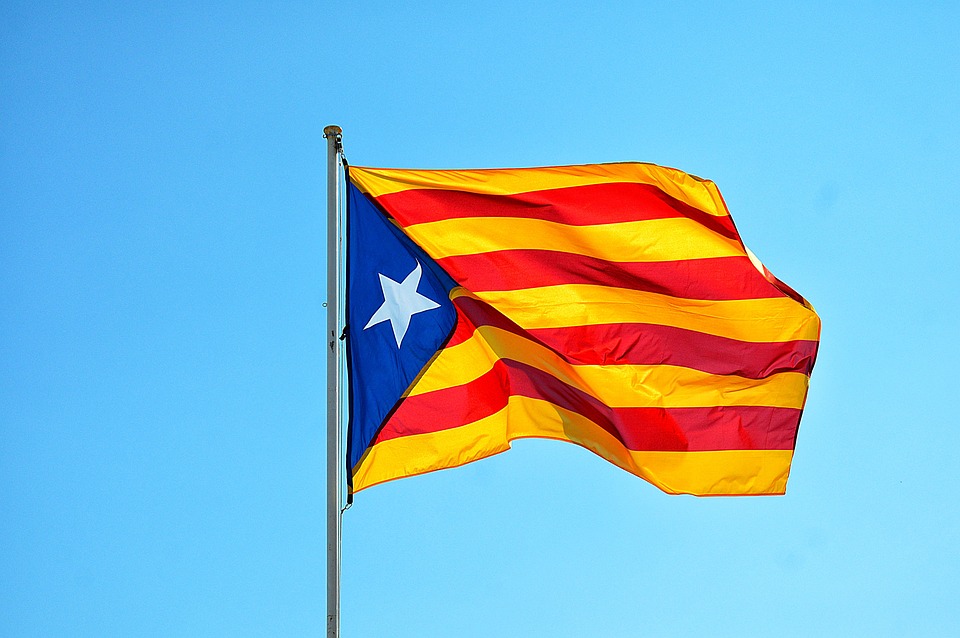BARCELONA – As always, there is a discrepancy between the turnout figures coming from the organisation and those from the authorities. The march for independence protest’s organisers say 400,000 people took part. The authorities put it at 108,000.
This number was lower than in 2019, when about 600,000 people marched during ‘La Diada. Last year, only small static protests were staged to comply with the COVID-19 restrictions. Yet, for the first time since the covid outbreak, calls for independence were again visible in the Catalan capital.
The protest was organised by the Asamblea Nacional de Catalunya (ANC). It was held on the eve of a consultation between the regional Catalan government and the Spanish government on cooperation and possibly greater autonomy for the region.
National Day in Catalonia
On September 11, ‘National Day’, Catalonia commemorates the conquest of the region by the armies of King Felipe V in 1714. The capture of Cardona Castle north of Barcelona marked the end of Catalan independence.
The participation in the independence marches that have been held on this day for ten years was highest in 2011. Then more than 1.8 million people took part. Overall, half of Catalans are in favour and half against independence from Spain. The Spanish government has never acknowledged the call for more autonomy. A number of politicians who organised an illegal referendum on independence on October 1 and were sentenced to prison.
Separatists have majority in regional government
The separatists now have a majority in the regional government. But they are divided among themselves about the way in which that independence should be achieved. There are parties that want to make agreements with the Spanish government about more autonomy. However, other parties want nothing to do with the national government and want to secede from Spain without cooperation.
“We are very sceptical about the attitude of the Spanish government and the outcome of these negotiations,” said Jordi Sanchez, general secretary of Junts per Catalunya (Together for Catalonia). The cynicism is shared by the National Catalan Assembly, which sees the talks as an attempt to defuse the situation. The group organised the march on Saturday with slogans such as, “Fight and we will win independence.”
Dialogue offers an opportunity for progress in debate
Pere Aragones, the Catalan regional president, and his Republican Catalan Left party believe the talks provide a real opportunity to move the debate forward. “Catalonia is about to do something it has never achieved before: to open negotiations with the Spanish state, government to government, to address how we can resolve this conflict,” Aragones said on Twitter.
“We are doing this with the commitment of both sides that the outcome of these negotiations will be put to the vote of the Catalan citizens,” he added on Twitter.
The Spanish prime minister hopes the talks will help heal wounds caused by past tensions. “Let the spirit of reunion, mutual affection and unity be our guides on this (Catalan holiday),” Sanchez tweeted in Catalan. “We are moving towards that which unites us.”
In an effort to improve relations, Madrid recently issued an amnesty for the Catalan independence leaders jailed after the referendum. The left-wing government wants to reach out to Catalans who were once among the biggest supporters of PSOE.
The organisers of Saturday’s protest march are also planning demonstrations from October 1 to 3 to commemorate the referendum four years ago.


